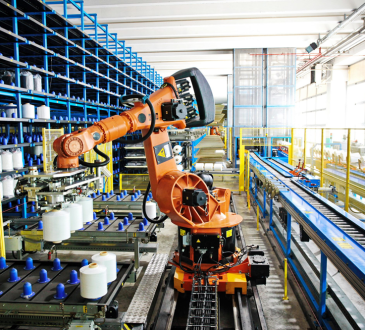
In today’s fast-paced world, we often find ourselves generating a significant amount of kitchen waste. The disposal of this organic waste poses environmental challenges, contributing to landfill buildup and greenhouse gas emissions. However, there is a sustainable and eco-friendly solution that not only helps in reducing waste but also creates a valuable resource for the gardens: Vermicomposting.
Vermicomposting is the process of utilizing earthworms to break down organic material into rich, nutrient-filled compost.
In this blog post, we will explore the importance of processing organic waste and highlight the benefits of making vermicompost with kitchen scraps.
The Importance of Processing Organic Waste
- Less burden on landfills
Processing organic waste is crucial for several reasons. First and foremost, it reduces the burden on landfills. Organic waste, such as kitchen scraps, has the potential to create methane (a potent greenhouse gas) when left to decompose in landfills without oxygen. By composting this waste, we divert it from landfills, significantly reducing methane emissions and combating climate change.
- Environmental benefits
Furthermore, composting organic waste helps us close the nutrient loop. Instead of relying solely on synthetic fertilizers, which can be harmful to the environment, compost provides a natural and sustainable source of nutrients for plants, leading to healthier plants and higher crop yields.
Making Vermicompost with Kitchen Waste
- Choose the right container: You can use a specialized vermicomposting bin or create one yourself using a plastic or wooden container. Make sure it has drainage holes and a lid to regulate moisture and temperature.
- Create bedding: Line the bottom of the container with shredded newspaper, cardboard, or coconut coir. This provides a comfortable environment for the worms and aids in moisture retention.
- Add kitchen scraps: Collect your kitchen scraps such as fruit and vegetable peelings, coffee grounds, tea bags, and crushed eggshells. Avoid adding meat, dairy products, oily foods, and anything that may attract pests.
Benefits of Vermicomposting
- Waste reduction: Vermicomposting diverts kitchen scraps from landfills, reducing waste and lowering greenhouse gas emissions.
- Cost-effective: Producing your own compost through vermicomposting eliminates the need to purchase expensive synthetic fertilizers, saving you money in the long run. In this regard, Vers L’avenir worm composters are cost-effective and support sustainability.
- Educational experience: Vermicomposting is an excellent educational tool for children and adults alike. It offers a hands-on understanding of the natural process of decomposition, the importance of waste reduction, and the interconnectedness of ecosystems.
Hence, vermicomposting is a remarkable way to transform kitchen scraps into nutrient-rich compost while addressing the pressing issue of organic waste disposal.




